Effective Cat Asthma Treatment: How to Treat Cat Asthma at Home
Cat asthma treatment is essential for improving your pet’s quality of life. If your cat is coughing, wheezing, or struggling to breathe, it may be experiencing asthma. Knowing how to treat cat asthma and identifying the symptoms early can help prevent serious health risks. This article will guide you through the symptoms, causes, home remedies, and professional treatment options to help your cat breathe easier and live a happier life.
What Is Cat Asthma?
Cat asthma is a chronic inflammatory condition affecting a cat’s airways and lungs. It’s typically triggered by allergens like dust, mold, pollen, or cigarette smoke. When inhaled, these allergens can cause the airways to tighten and swell, making breathing difficult. In severe cases, it may lead to sudden respiratory distress requiring immediate veterinary care.

Common Causes of Cat Asthma
While the exact cause of asthma in cats is still unclear, environmental irritants are the most common triggers. Here are typical sources:
Airborne dust, mold spores, or pollen
Cigarette smoke or aerosol sprays
Dusty or scented cat litter
Air pollution and cleaning chemicals
Overreaction of the cat’s immune system to these irritants leads to airway constriction and excessive mucus production, contributing to asthma symptoms.
How Do You Know If Your Cat Has Asthma?
Early recognition of cat asthma symptoms is vital for prompt treatment. Here are common signs to look for:
Frequent dry coughing or coughing fits
Wheezing, rapid breathing, or open-mouth breathing
Whistling sound while breathing
Lethargy or reduced physical activity
Cat lowering its front legs and head to breathe easier
These signs can sometimes be mistaken for hairballs. If they occur frequently, asthma should be considered. Learn more about related breathing conditions like
why is my cat breathing fast.
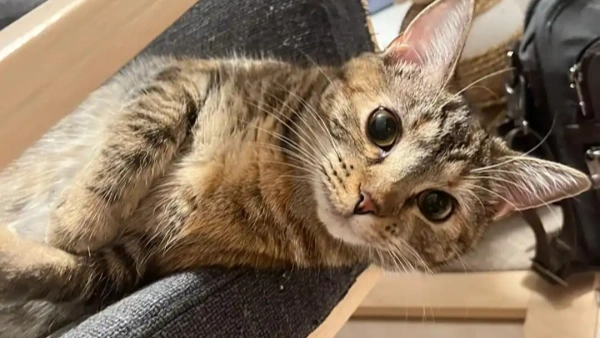
How to Relieve Cat Asthma Attacks
If your cat is experiencing an asthma flare-up, here are steps to take immediately:
Stay calm and keep the environment quiet
Remove any suspected irritants (smoke, spray, dust)
Use air purifiers or ventilate the room
Visit an emergency vet if breathing becomes extremely difficult or tongue turns blue
Everything Our Vets Recommend
Cat Asthma Treatments Recommended by Vets
Treating cat asthma depends on the severity of symptoms. Common cat asthma treatments include:
Inhaled corticosteroids (e.g., fluticasone): Reduce airway inflammation with fewer side effects
Bronchodilators: Help open airways for easier breathing
Inhaler with mask: Delivers medication effectively using a feline spacer
Oral steroids or injections: Used for acute asthma attacks or if inhalers aren’t effective
With consistent care under your vet’s guidance, many cats can live a relatively normal life despite having asthma.

Everything Our Vets Recommend
Home Treatment for Cat Asthma
In addition to medications, managing your cat’s environment plays a big role. Consider these home care strategies:
Switch to low-dust, unscented litter—the best litter for cats with asthma helps minimize triggers
Avoid using air fresheners or perfumes
Keep your cat’s bedding and toys clean
Maintain a healthy weight to reduce breathing stress
Use air purifiers to remove allergens from the air
Asthma care is similar to managing other chronic cat conditions like cat urinary blockage.
FAQ - Effective Cat Asthma Treatment: How to Treat Cat Asthma at Home
Q: What are the symptoms of asthma in cats?
A: Common signs include wheezing, coughing, rapid breathing, and open-mouth breathing.
Q: Can I treat my cat’s asthma at home?
A: Mild asthma can be managed with reduced environmental triggers and vet-prescribed inhalers.
Q: What home adjustments help cats with asthma?
A: Use air purifiers, reduce dust, avoid scented cleaners, and keep the litter box dust-free.
Help Your Cat Breathe Better Today
While cat asthma can’t be cured, learning how to treat asthma in cats early and managing it through medication and proper care can greatly improve your cat’s life. Stay alert to symptoms, follow your vet’s advice, and provide a clean, allergen-free environment. With love and care, your cat can breathe comfortably and enjoy every day by your side.
You May Like:
- Probiotics for Cats with Diarrhea: Does It Help, How to Use and Choose
- Best Flea Shampoo for Cats: Effective Treatments for Flea-Free Fur
- Recognizing the Signs of Diabetes in Cats and How to Manage It Effectively
- Symptoms of Liver Failure in Cats and How to Treat Cat Liver Disease
User Comments
Does flea treatment kill ear mites too?
Can dogs take human probiotics?
Can dogs have people probiotics safely?
Related Articles
View all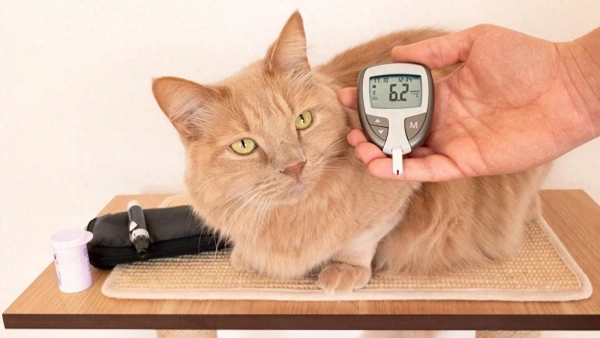
Recognizing the Signs of Diabetes in Cats and How to Manage It Effectively

Effective Cat Asthma Treatment: How to Treat Cat Asthma at Home

Cat Urinary Blockage and Inflammation: Causes, Symptoms, and Home Care Tips
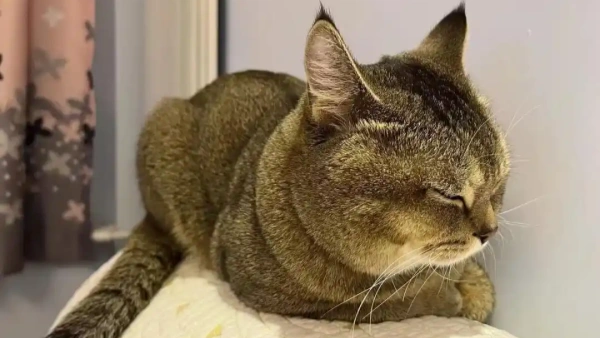
Understanding Upper Respiratory Infection in Cats: Symptoms, Treatment and Home Remedies

Recognizing the Signs of Diabetes in Cats and How to Manage It Effectively

Effective Cat Asthma Treatment: How to Treat Cat Asthma at Home

Cat Urinary Blockage and Inflammation: Causes, Symptoms, and Home Care Tips

Understanding Upper Respiratory Infection in Cats: Symptoms, Treatment and Home Remedies
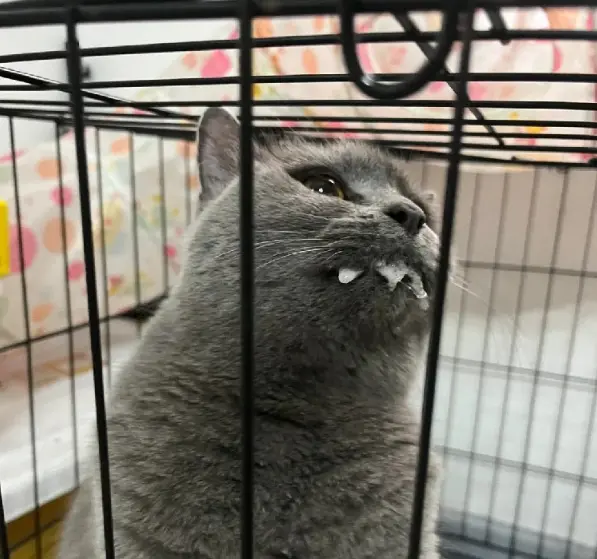
What To Do If Your Cat Foams At The Mouth? First Aid Manual
Related Articles
View all
Recognizing the Signs of Diabetes in Cats and How to Manage It Effectively

Effective Cat Asthma Treatment: How to Treat Cat Asthma at Home

Cat Urinary Blockage and Inflammation: Causes, Symptoms, and Home Care Tips




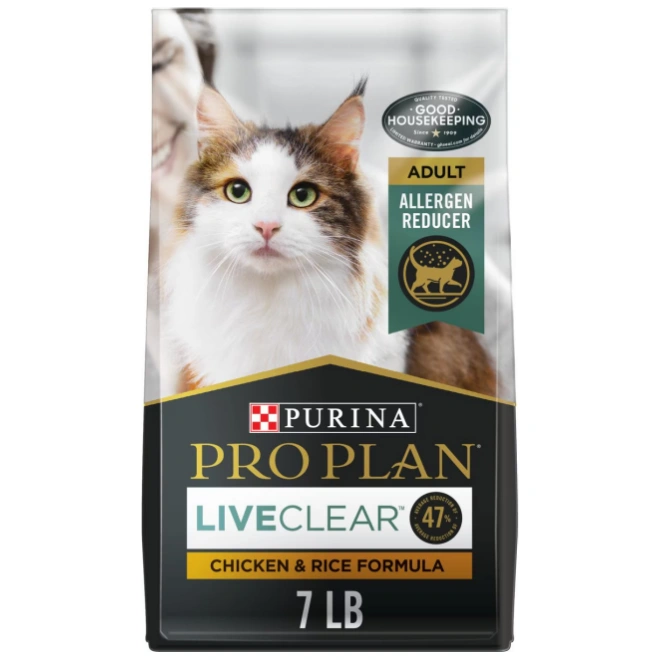











Leave a Reply